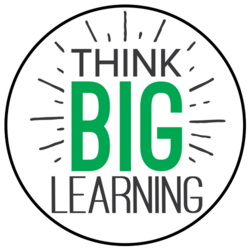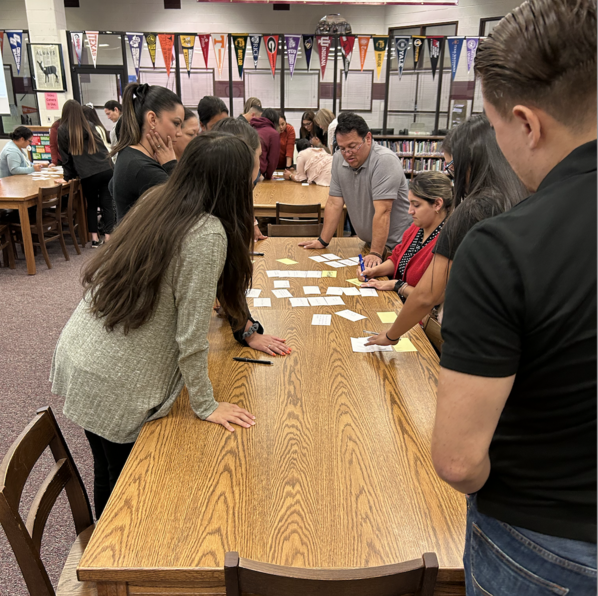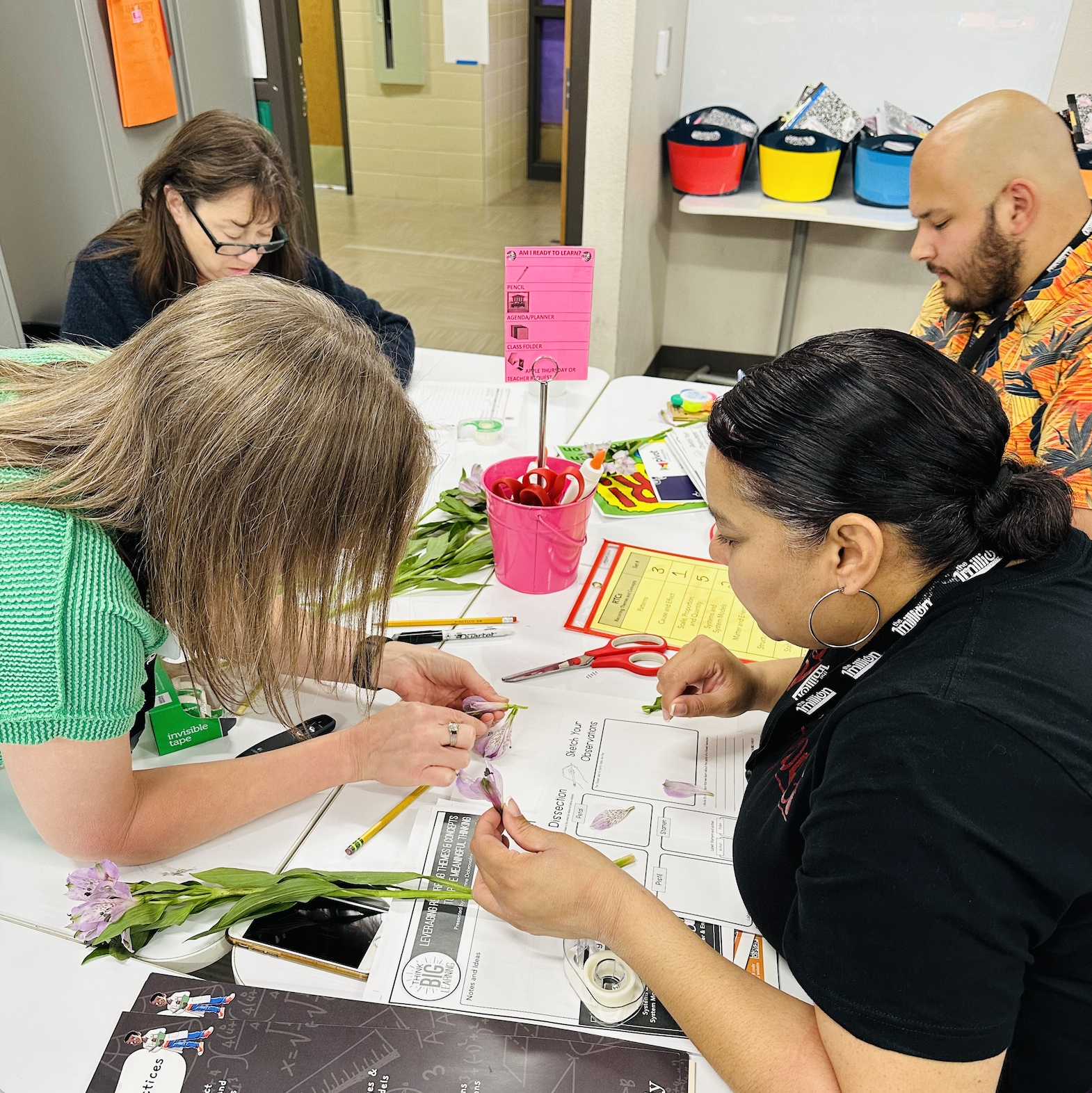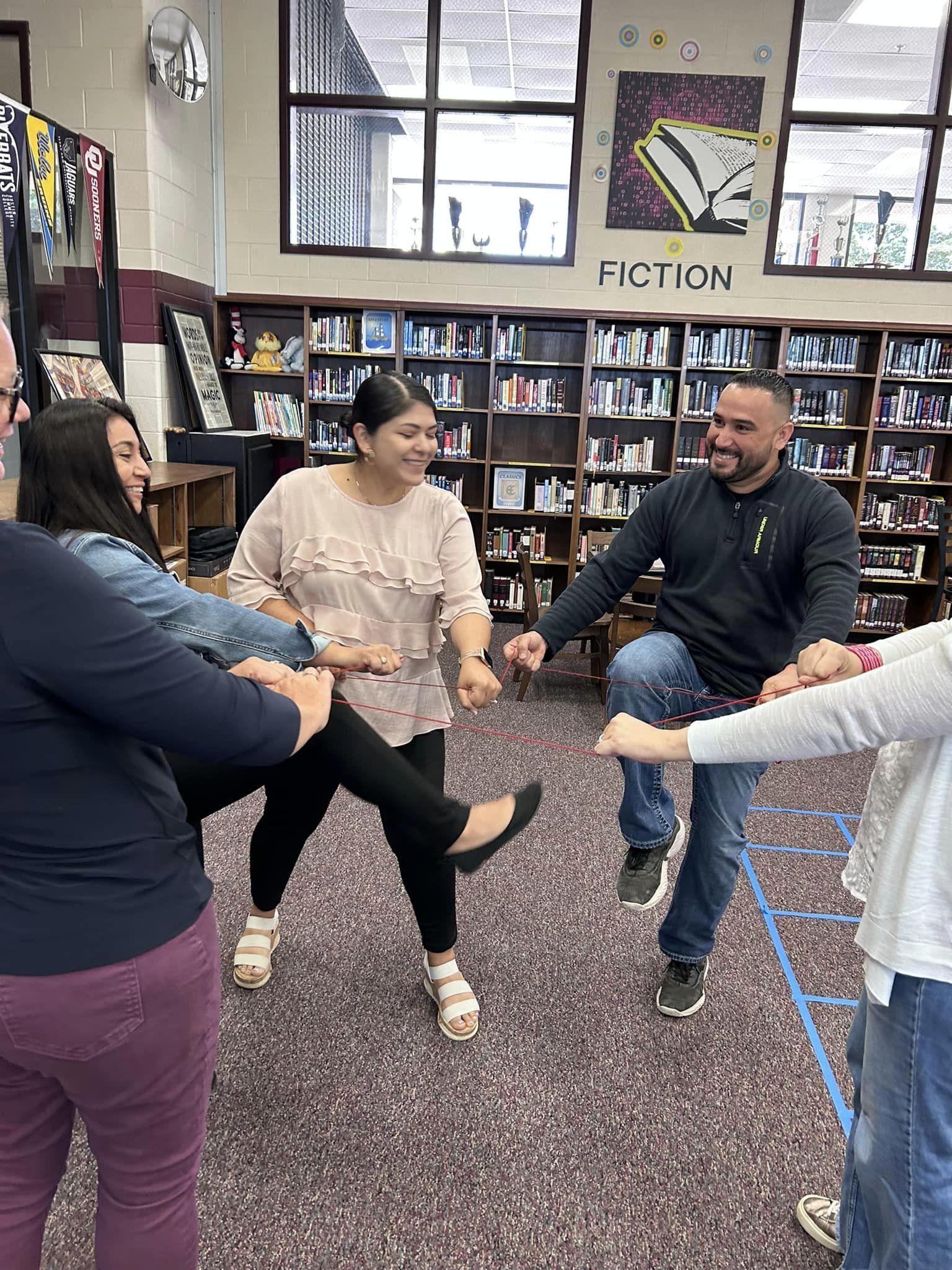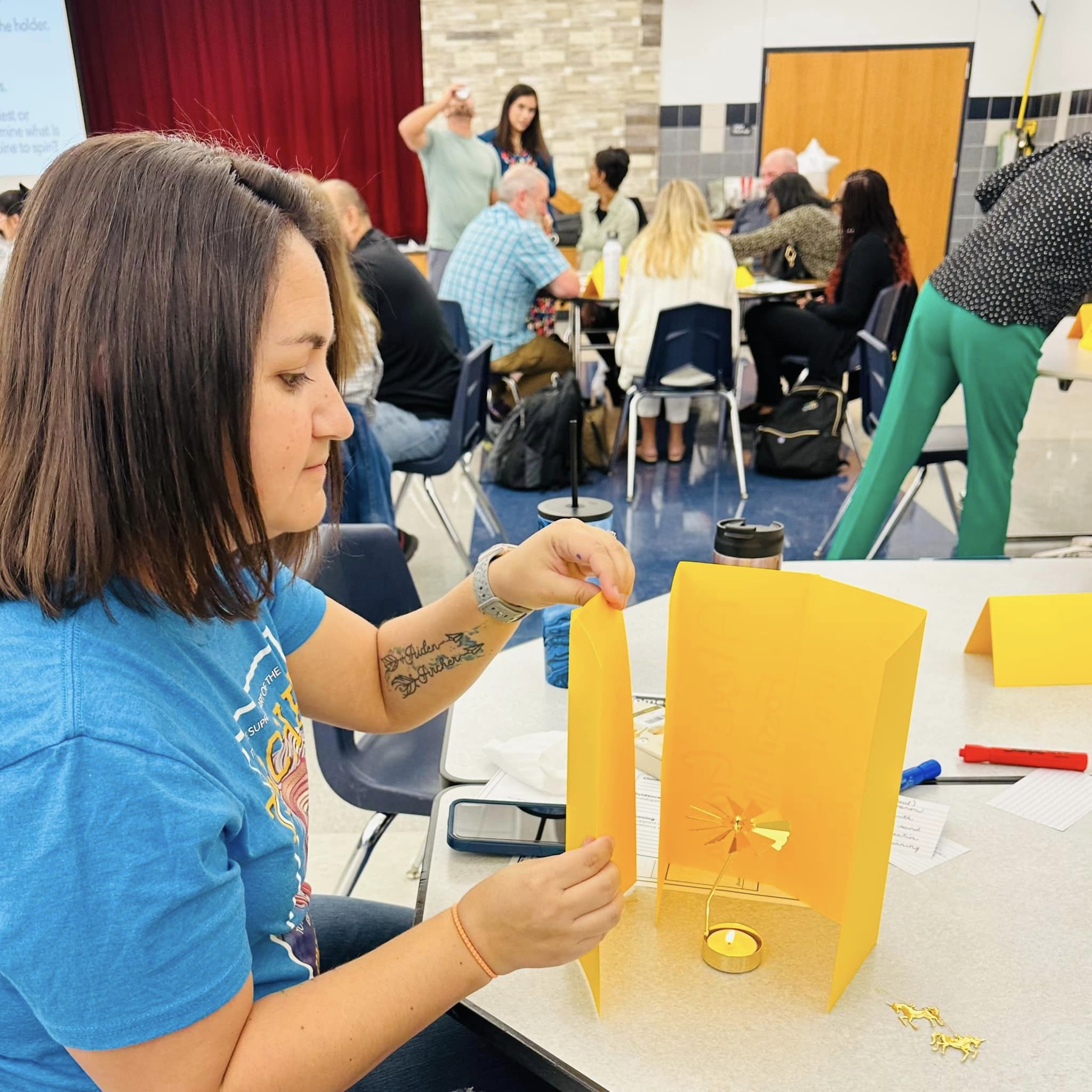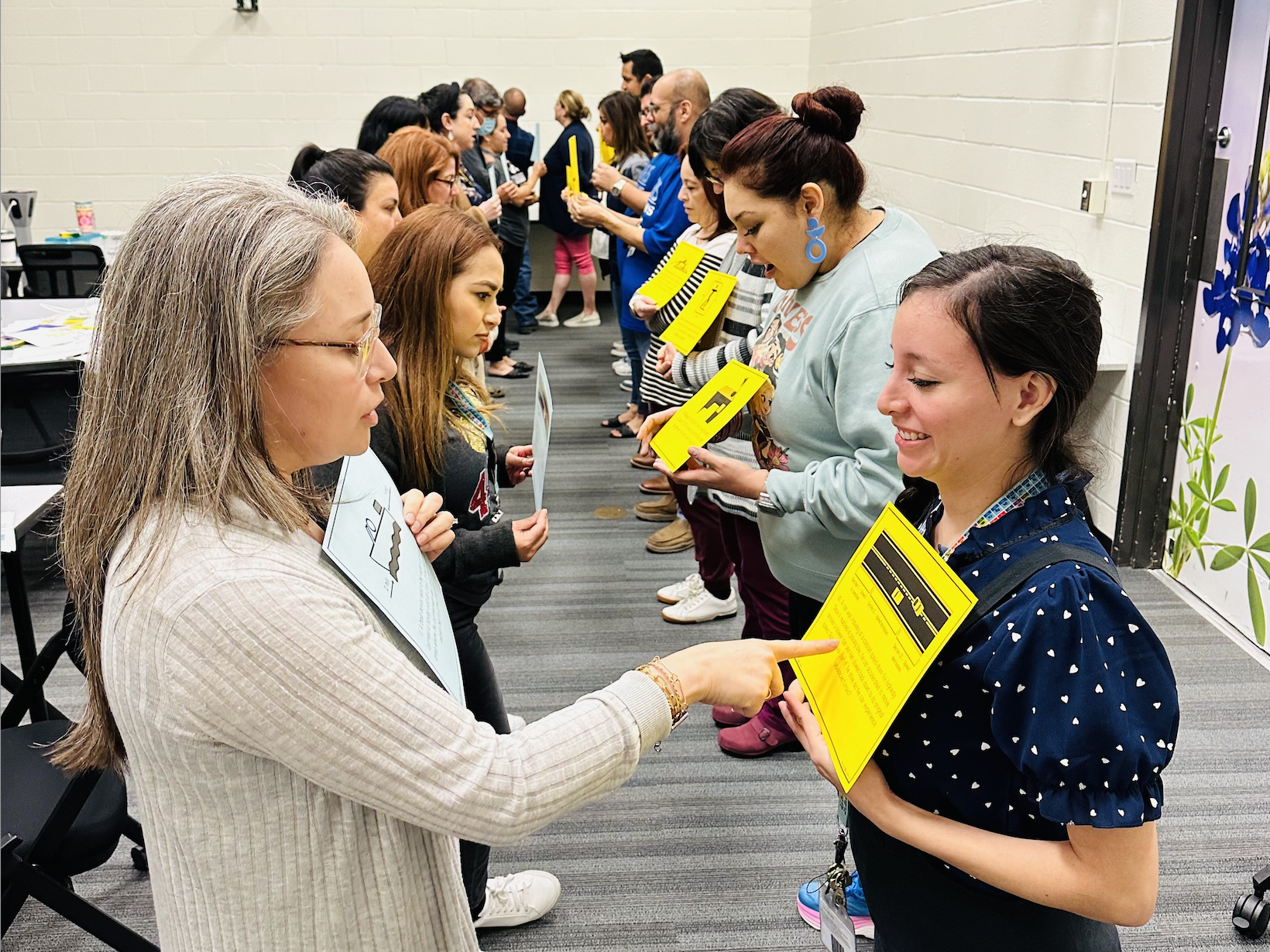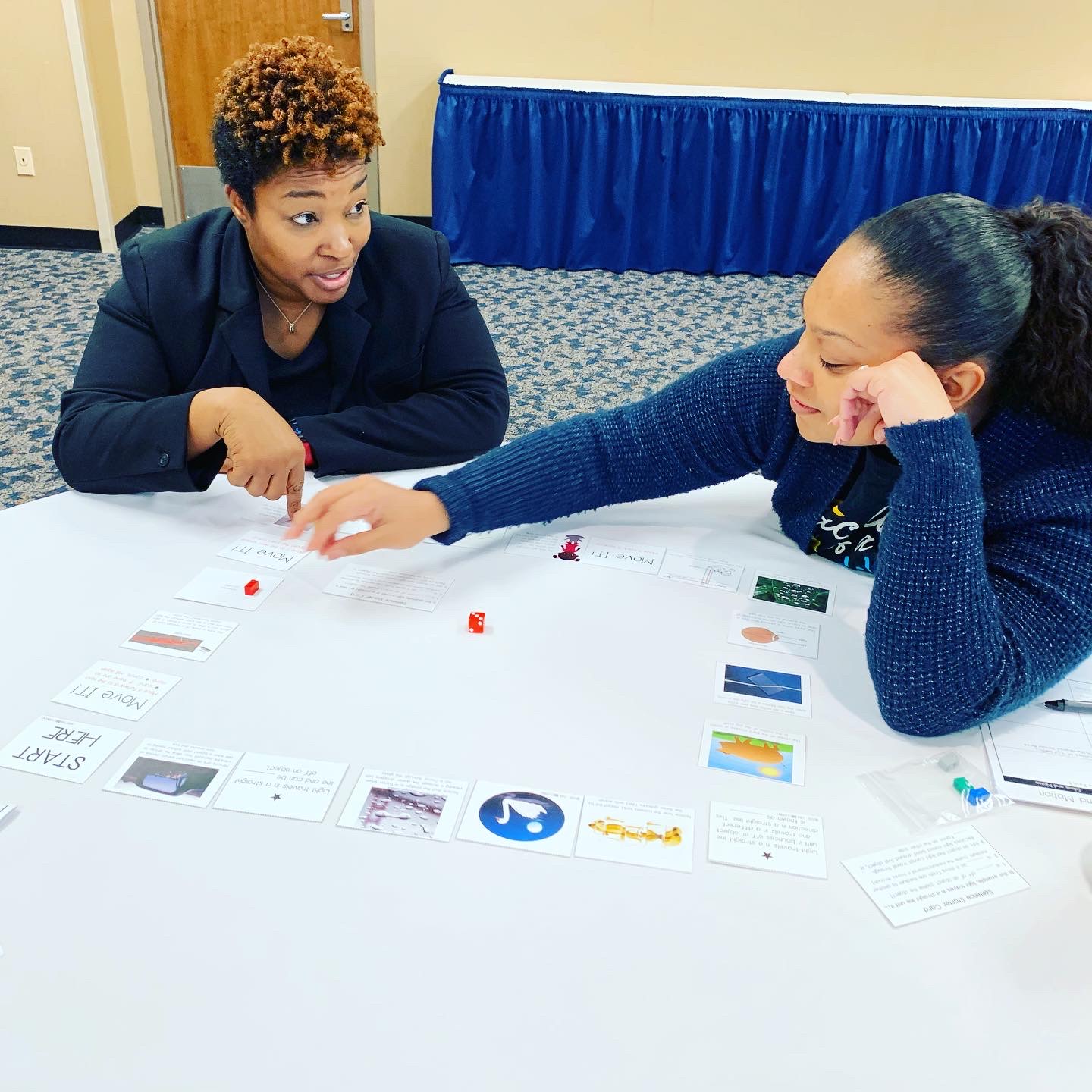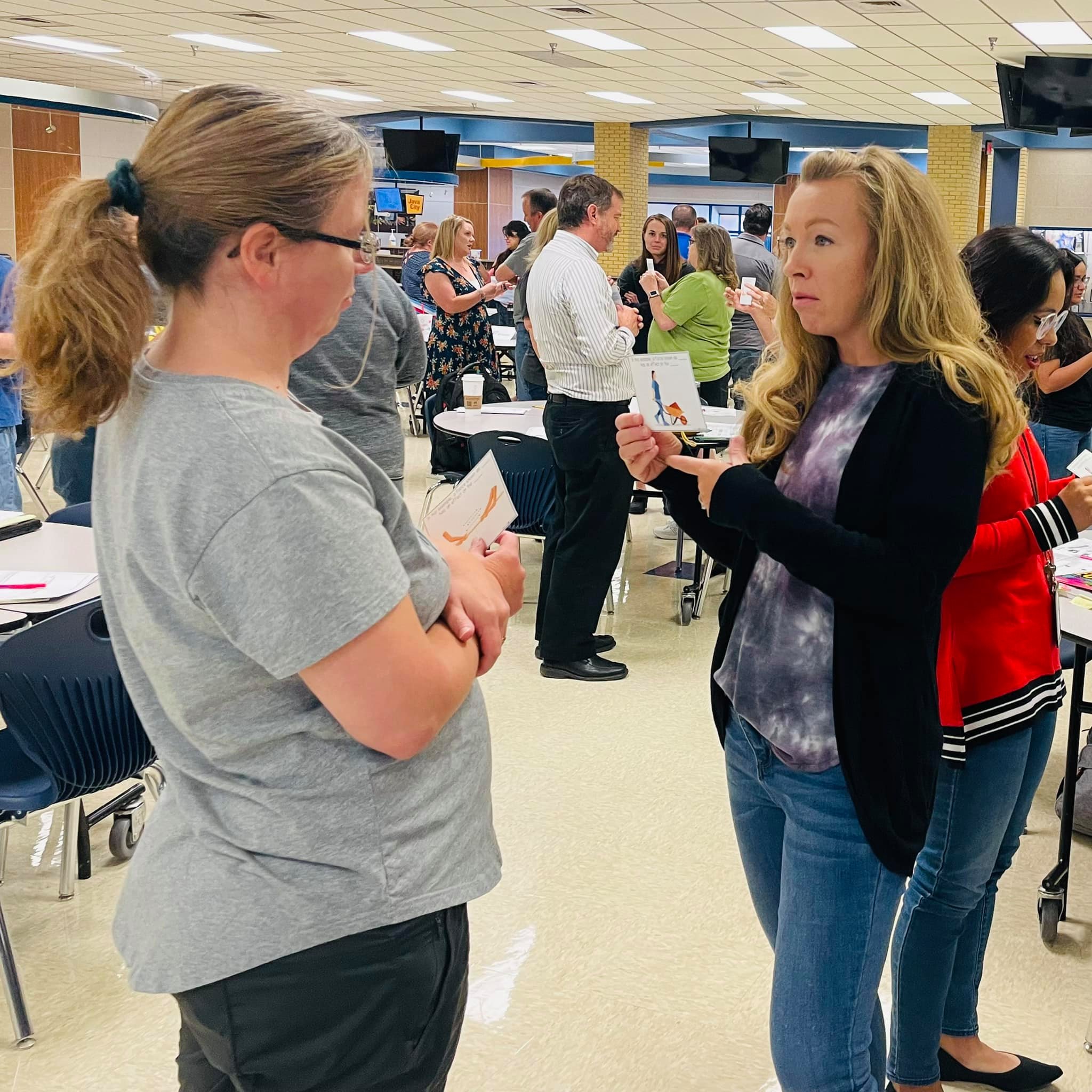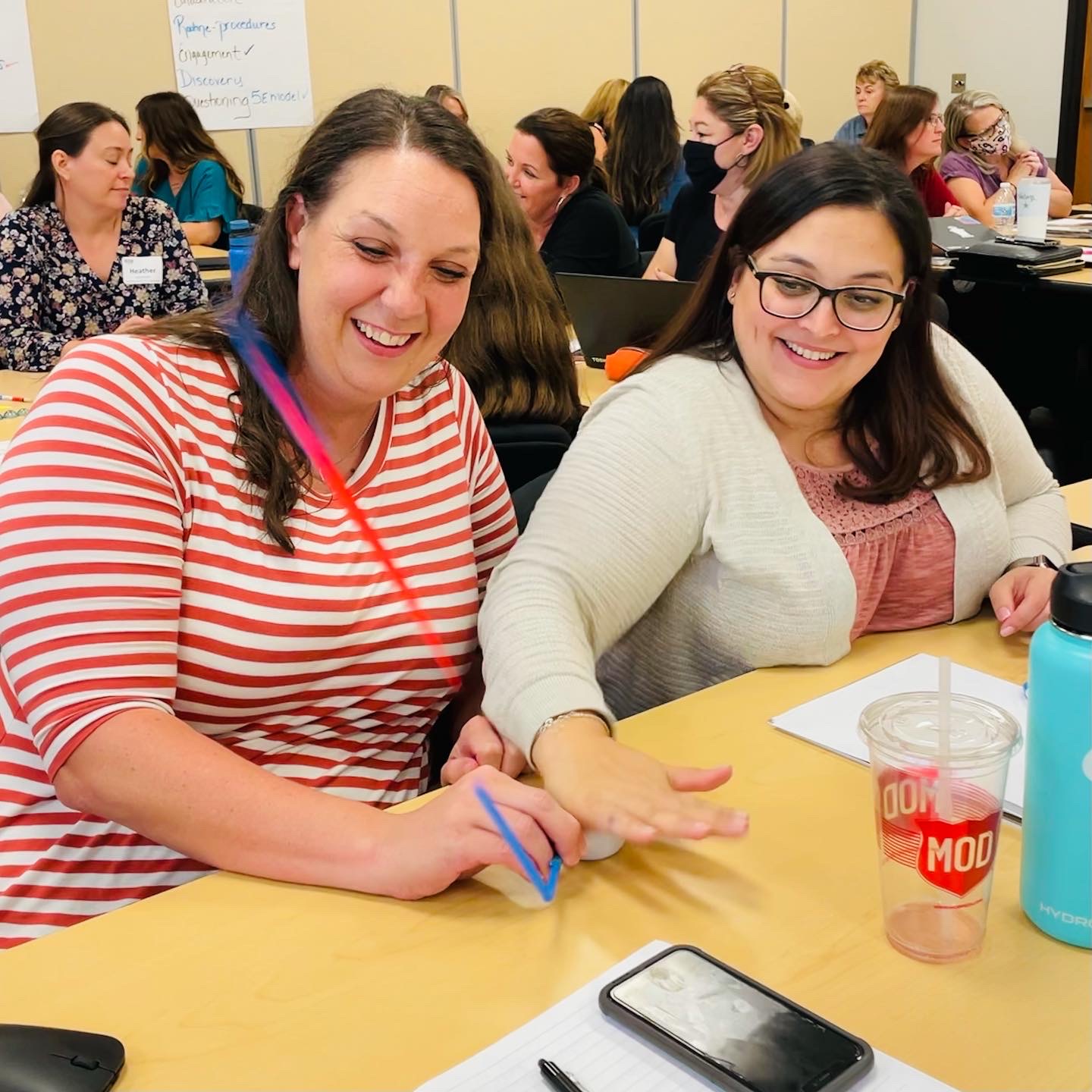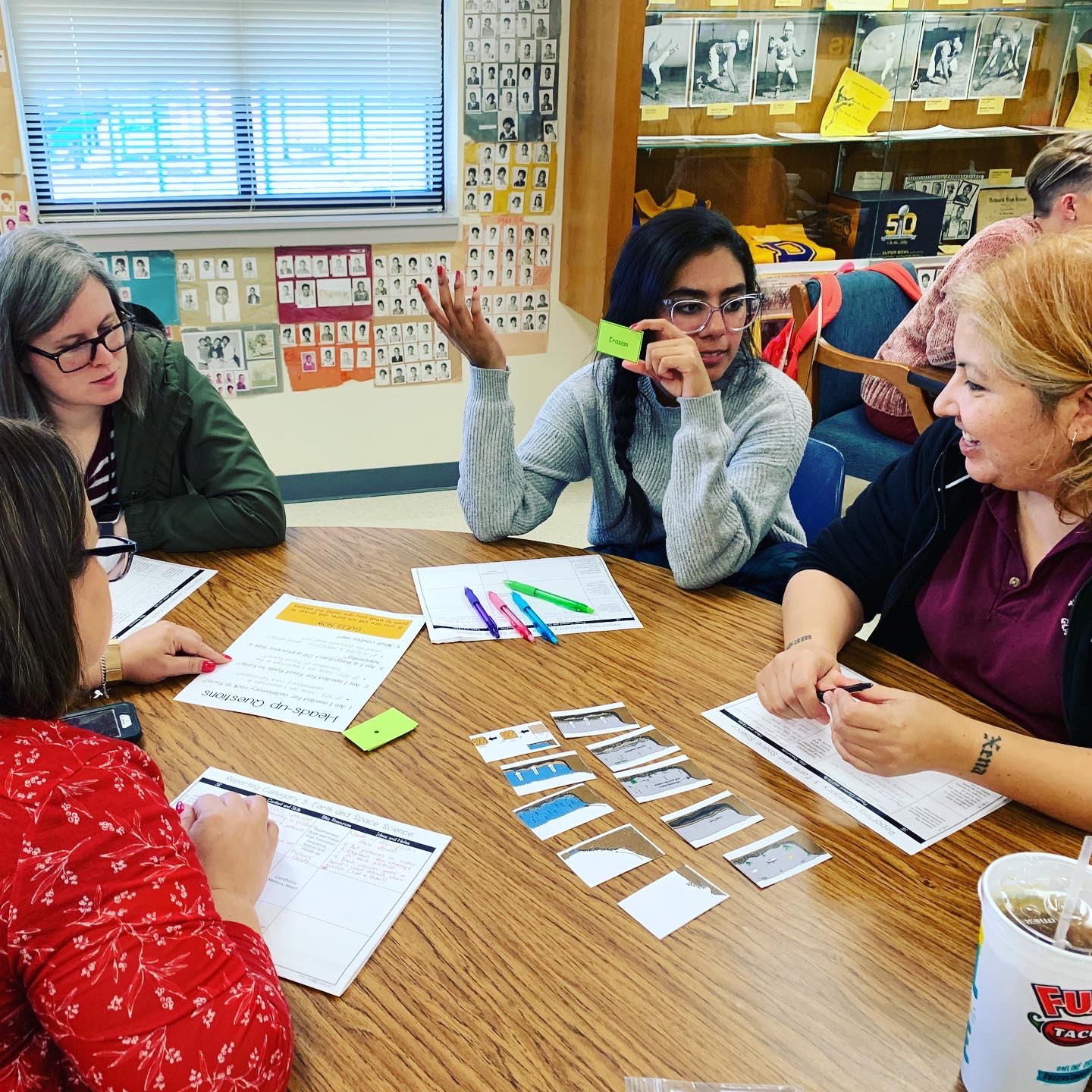Show Me Something Different: Using Depth and Complexity to Differentiate Instruction OVERVIEW “Differentiation” is a common buzzword word in education, but the problem is that the word is defined similarly, but not the same, in schools. The concept also conflicts with the “one-size-fits-all” approach in many classrooms. The reality is that if students are not […]
Utilizing Recurring Themes and Concepts to Foster Meaningful Thinking
Recurring themes and concepts (RTCs) are a key part of the new science TEKS that can be used as powerful thinking tools for all students. In this session, we will model practical strategies utilizing RTCs that will equip students to better understand science content and make meaningful connections between different science concepts and disciplines.
30 Hour Gifted and Talented Workshop Series
Giftedness traditionally has been defined as achievement or potential for achievement, and we differentiate our classrooms accordingly; however, there are distinguishing characteristics across the gifted spectrum that sometimes impede student learning.
Exploring 3-Dimensional Learning in the New Science TEKS
How can we effectively prepare for the instructional shifts coming with the new science TEKS? In this session we look at practical, teacher-friendly ways to use real-world phenomena, science and engineering practices (SEPs), recurring themes (RTCs), and models more effectively to teach science content.
Going Beyond Average: Rethinking Gifted Services in Advanced Academics
Regardless of school size and resources, advanced and gifted students can and should thrive. The trick lies in the design of program. Too many advanced, dual credit, honors, G/T, pre-AP, AP, and ACT/SAT prep classes are designed to fit the “average” student and focus on students’ weaknesses.
The Language of Science: Vocabulary Strategies for All Learners
Do you need effective, interactive ways to help all students with academic vocabulary? This training is a blend of current research and practical strategies to promote vocabulary acquisition for all learners and scaffold learning and deeper thinking through intentional vocabulary instruction and support.
Integrating Literacy in the Science Classroom with Active Reading
We know that reading comprehension is a critical skill in understanding science content, but how can we help develop literacy skills as science teachers? With upcoming changes to STAAR, students’ ability to read critically and write about science topics becomes even more important.
Power of Phenomenon: Using Curiosity to Drive Equitable Instruction
As learners, we naturally crave to know more about the world around us. When we connect student learning to real-world phenomena, student interests and experiences, and current events, we can foster authentic engagement in the classroom.
Promoting Visual Literacy in the Science Classroom
Our students live in a world that is saturated with visual images. Being able to analyze and interpret photos, diagrams, graphs, illustrations, and other visuals is critical to students’ understanding of the world around them.
